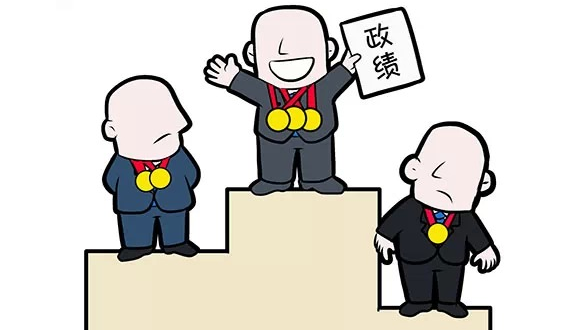At the end of last month, China's General Administration of Sports (GAS) finally saw sense.
To put a stop to the win-at-all-costs mentality that is responsible for corruption, dubious tactics and sketchy judging decisions in Chinese sport, it announced that it would no longer rank the regions on medals won in national and international competitions.
But just days after the initial release, another two contradictory notices were published, which said the GAS would, in fact, still rank the provinces based on medals won in national, Asian and Olympic competitions. An outcry followed and the GAS apologized, saying that these were merely unfinished draft principles, and that the medal ranking system would still be abolished.
The result is a mess.
Despite the GAS's claims, these draft principles have created the impression that the abolishment was only a temporary measure designed to placate the government's disciplinary inspection commission, the body charged with rooting out corruption.
But the importance of this change to China's sporting landscape cannot be understated.
It seems reasonable, on the surface, that athletes and their coaches should be ranked according to performance, but in China this has led to some underhand tactics at the National Games in particular.
Mengke Bateer, the first Chinese player to win an NBA Championship, hails from Inner Mongolia, but has represented Shandong and Liaoning provinces at the last two National Games. Hubei Province in the past has submitted their tennis entry for the Games with Li Na's name on it - even though they knew for certain she would not play - because Li's world ranking would give Hubei a more favorable draw.
These, and many other examples, have done nothing positive for Chinese sport - serving only those officials whose provinces benefit - and in fact have harmed the system by eroding confidence in an already disillusioned public. With the level of participation in sport far below what it should be, that is a danger to society.
The State's involvement in Chinese sport administration is in large part to blame for this, since short-term thinking and quick fixes to increase provincial medal hauls are rewarded with instant promotions, benefitting the politicians, but not the sports.
A change in this policy is long overdue for China. The hope must be, though, that China will not revert to its gold medal fixation once the government's current anti-corruption drive dies down.
